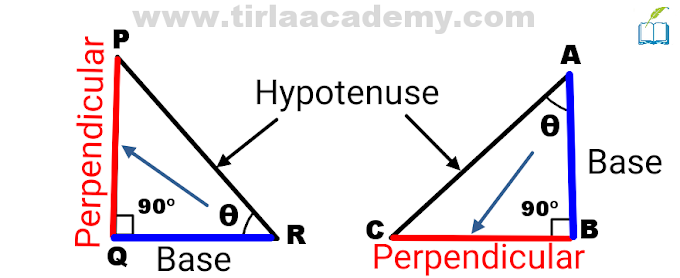Rational Number:-
The number which is in the form of the fraction is known as Rational number. As a/b where b should not be equal to zero.
Example-
Every integer like 2,-7,10,176,-421, etc are rational number. ( Because we may write all integer as a/b by putting 1 in the denominator as below examples-
We may write an integer as 2/1, -7/1, 10/1, 176/1, etc.
Properties of Rational Number
We are discussing some properties of rational number which will help us to solve the examples-
1. Closure property
When we add the two rational number then we get a rational number. Ex- (7/2)+(3/2)=(10/2).
It means the rational number is closure under addition.
Some other details for subtraction, multiplication & division of rational numbers are shown below-
2. Commutative property (Commutativity)
When we change the place of rational number during addition, but there is no change in result then it will commutative. Ex- (a+b)=(b+a).
It means {(2/3)+(5/3)}={(5/3)+(2/3)}.
Some other details for subtraction, multiplication & division of rational numbers are shown below-
3. Associative property (Associativity)
For the addition of three rational number. When we add last two rational number & then add this result in the first rational number.
Or we add first two rational number & add this result in the last rational number. If we get the same result in both cases then it will be associative.
Ex- a+(b+c)=(a+b)+c.
It means (7/3)+{(2/3)+(5/3)}={(7/3)+(2/3)}+(5/3).
Some other details for subtraction, multiplication & division of rational numbers are shown below-
4. Distributive Property
As per its name, a rational number is distributed in the bracket as given below-
a×(b+c) after distribution of rational number a in b & c we get (a×b)+(a×c).
All these properties are useful to solve the problems of rational numbers.









